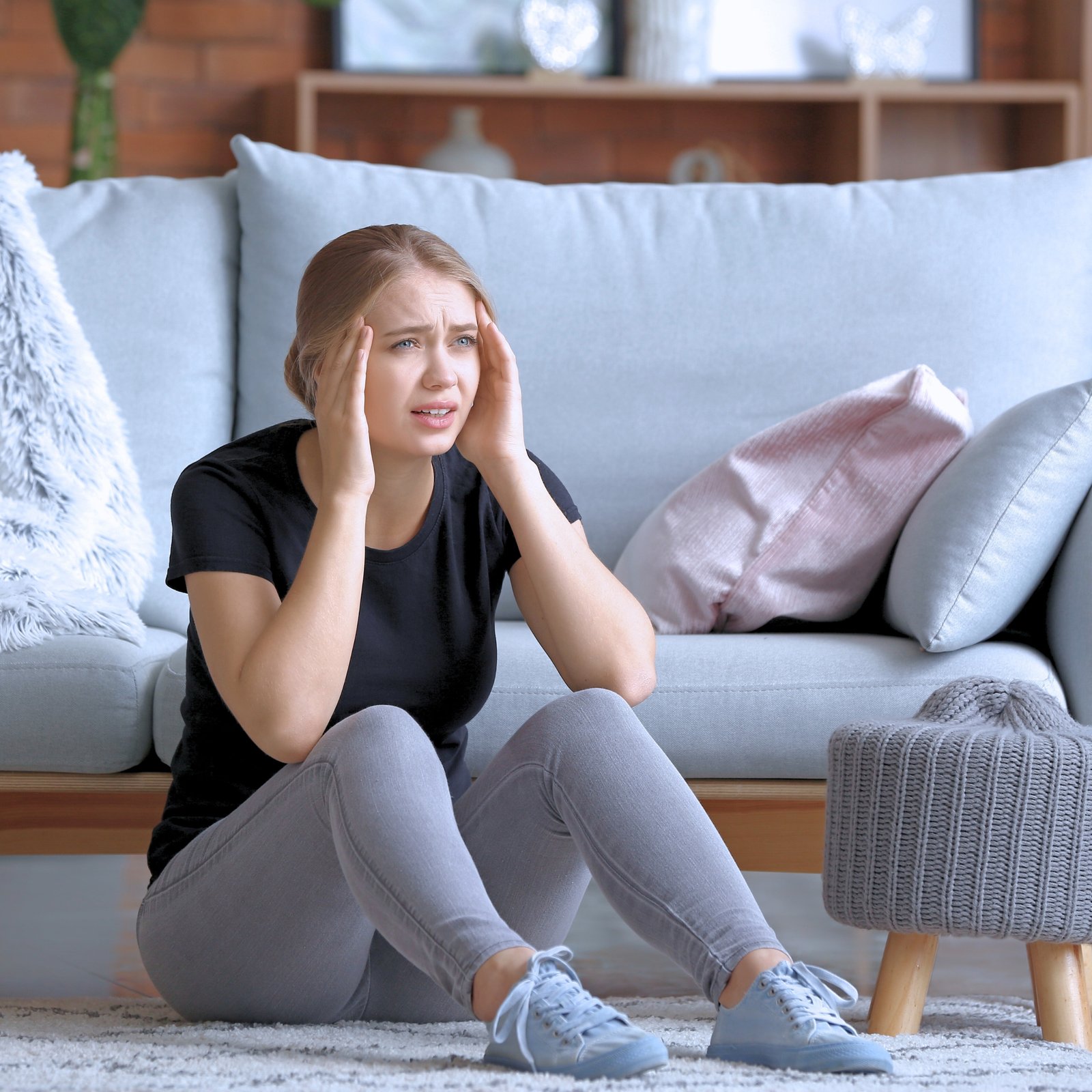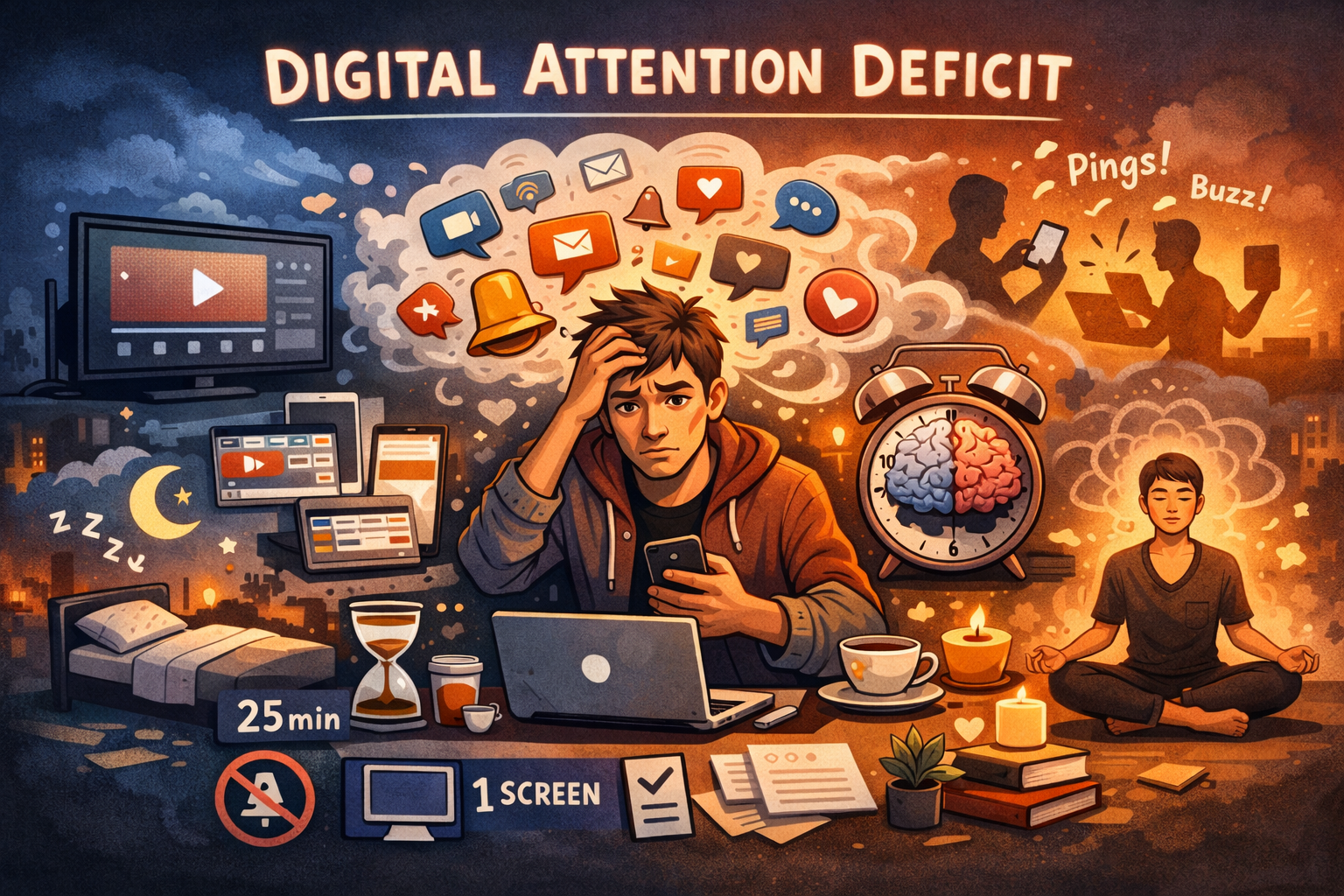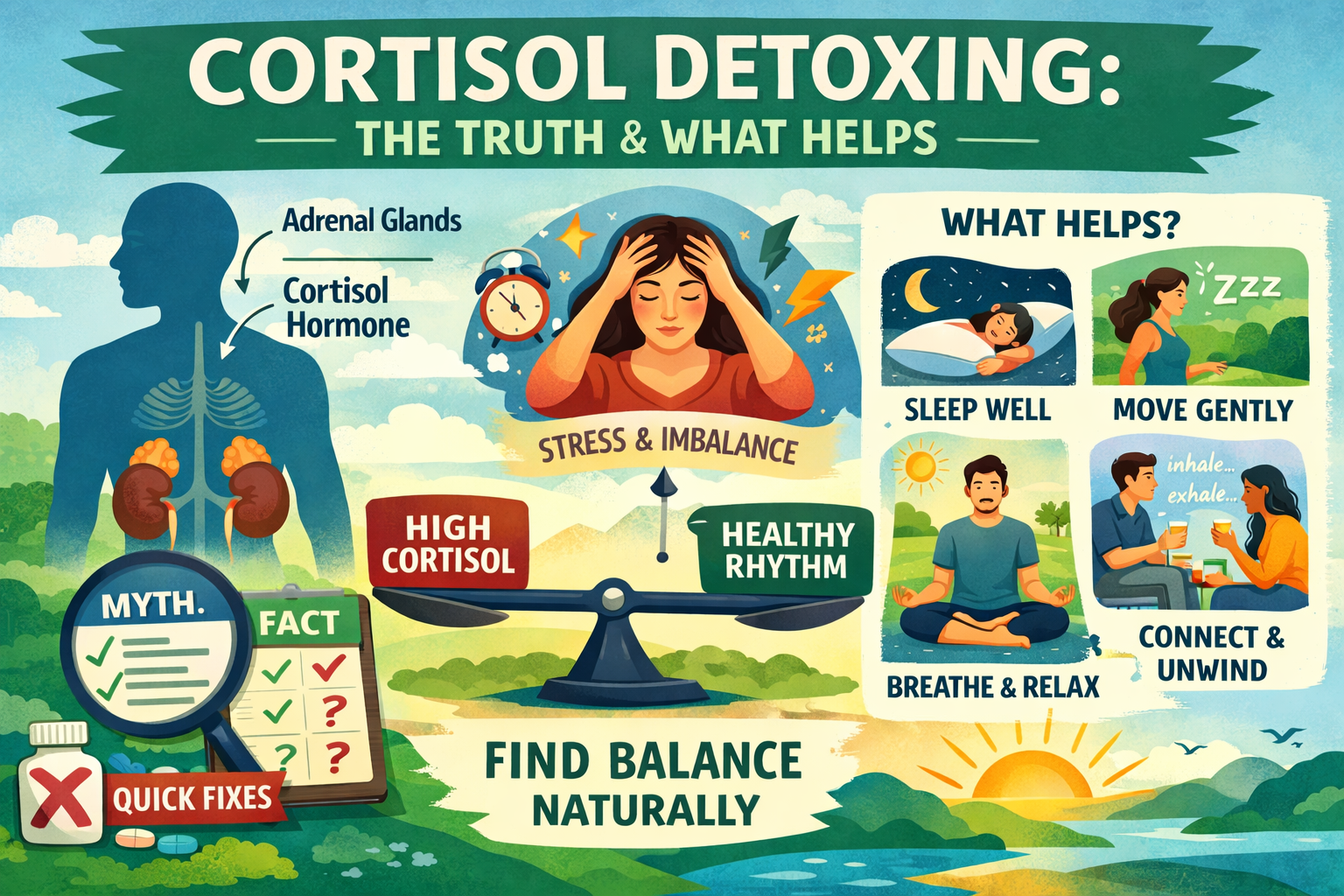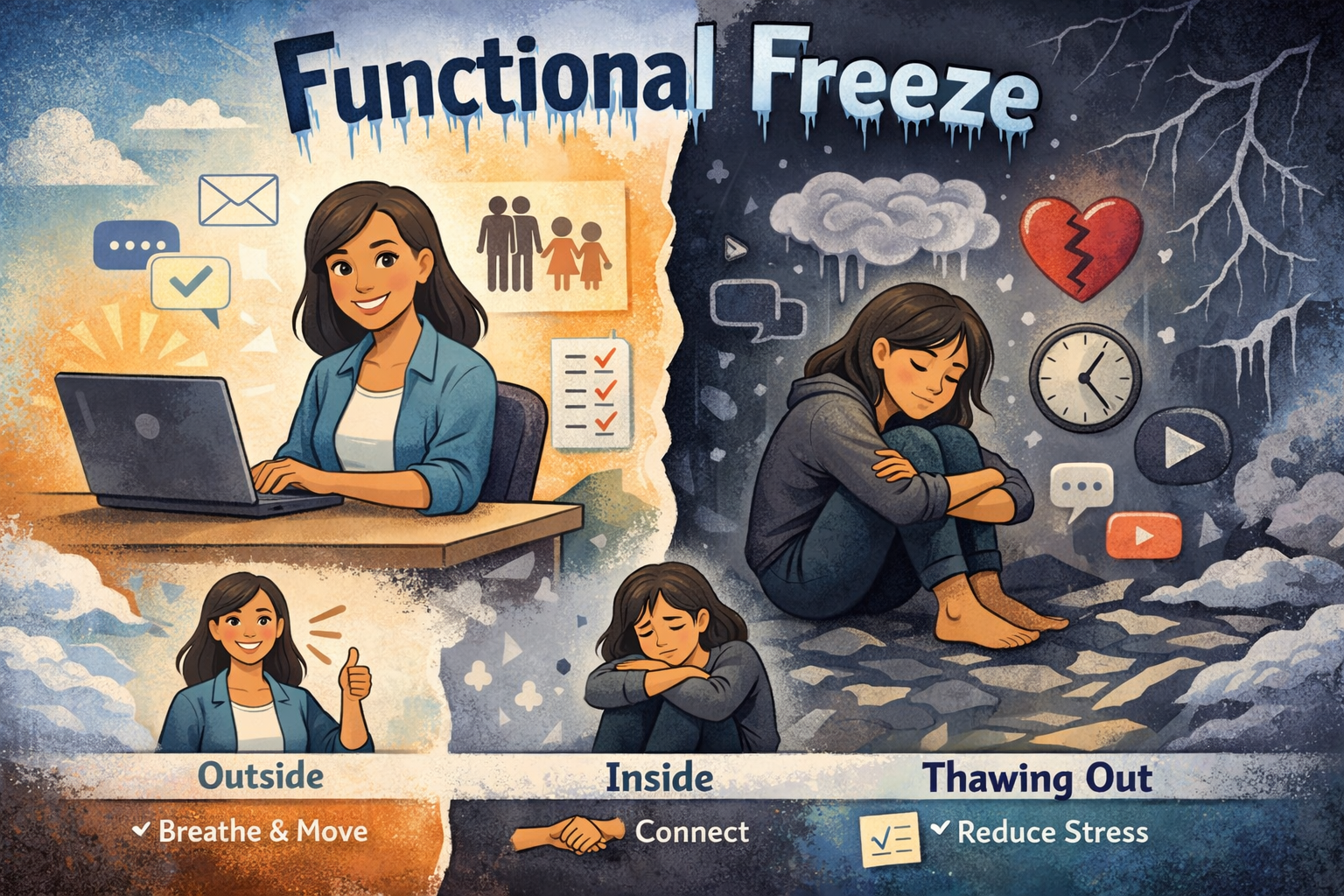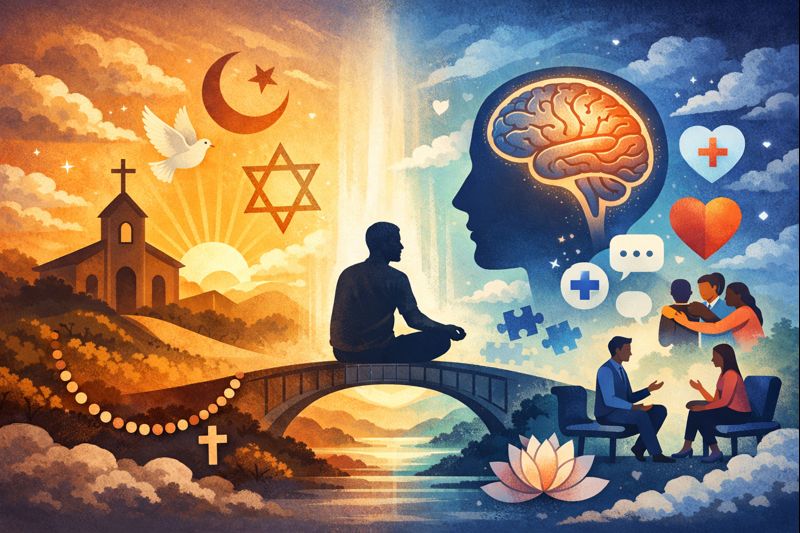Panic attacks are sudden episodes of intense fear with discomfort feelings. They can come on without warning. They can cause physical symptoms like rapid heartbeat and sweating. They can also cause psychological symptoms like feeling dizzy and ‘going to die.’ Panic attacks can be very distressing and can interfere with daily life. One must remember that they are not dangerous and don’t lead to a heart attack or other serious health problems. Many people experience them, and with the right steps, you can manage and overcome them. This guide will help you understand what panic attacks are and how to cope with them.
What Is a Panic Attack?
A panic attack is when someone feels a sudden rush of fear or anxiety. It can happen at any time, even if there is no real danger. During a panic attack, your heart might beat fast, you could have trouble breathing, or feel dizzy. These feelings usually last a few minutes, but they can feel much longer.
Signs of a Panic Attack
- Fast heartbeat
- Trouble breathing
- Dizziness or feeling faint
- Sweating
- Chest pain
- Nausea
- Feeling like you are losing control
These symptoms can be very frightening, but they won’t harm you. It’s important to remember that a panic attack will pass, and you can get through it.
What Causes Panic Attacks?
No one knows exactly what causes panic attacks, but some triggers may include:
- Stress
- Fear of something (like a phobia)
- Worrying about health
- Big life changes
Sometimes, panic attacks seem to happen for no reason at all. But there are ways to manage them.
Panic Attack Tips: How to Cope
Here are some simple steps you can take if you feel a panic attack coming on:
1. Breathe Deeply
One of the best ways to calm down is to focus on your breathing. Try breathing in slowly for four counts, holding your breath for four counts, and breathing out for four counts. Repeat this until you feel calmer. Deep breathing helps slow your heart rate and brings your focus away from the panic.
2. Ground Yourself
Grounding means connecting with the world around you. One easy grounding technique is the “5-4-3-2-1” method. Look around and find:
- 5 things you can see
- 4 things you can touch
- 3 things you can hear
- 2 things you can smell
- 1 thing you can taste
This helps your brain focus on something other than fear.
3. Talk to Someone You Trust
Talking to a friend, family member, or teacher can help you feel supported. Just knowing someone is there for you can make a big difference.
4. Practice Positive Thinking
When you have a panic attack, you might feel like something bad is going to happen. Try telling yourself things like, “I am safe,” “This will pass,” or “I can handle this.” Positive thinking can help reduce fear and calm your mind.
5. Move Your Body
Physical activity can help lower anxiety. If you’re feeling panicked, try walking, stretching, or shaking your arms. Movement releases energy and makes you feel better.
6. Focus on One Thing
Instead of thinking about the panic, focus on one simple thing. This could be an object in the room, a song, or even the way your hands feel. Focusing on one thing helps distract your mind from the fear.
Dealing with Anxiety: Long-Term Tips
Panic attacks are often caused by anxiety. Managing anxiety can help reduce the number of panic attacks you experience. Here are some tips for dealing with anxiety in everyday life:
1. Practice Relaxation Techniques
Relaxing your body and mind can help lower anxiety. You can try:
- Meditation
- Yoga
- Listening to calming music
These activities can help you feel more relaxed.
2. Get Enough Sleep
Lack of sleep can make you feel more anxious. Try to get 8 to 9 hours of sleep every night to help your body and mind stay healthy.
3. Exercise Regularly
Exercise is great for your mental health. It helps reduce stress and releases happy chemicals called endorphins. Try to move your body every day, even if it’s just a short walk.
4. Eat Healthy
Eating well can make a big difference in how you feel. Foods that are good for your brain, like fruits, vegetables, and whole grains, can help keep anxiety away.
5. Talk to a Counsellor
If panic attacks are happening often, it might help to talk to a counsellor or therapist. They can give you advice and help you find more ways to manage anxiety.
What to Do After a Panic Attack
Once a panic attack is over, you might feel tired or drained. This is normal. It’s important to take care of yourself after a panic attack. Here are a few things you can do:
- Rest: Give your body time to recover by taking a short nap or relaxing.
- Drink Water: Staying hydrated can help you feel better.
- Reflect: Think about what triggered the panic attack. Writing it down in a journal might help you understand your feelings better.
When to Get Help
If you’re having panic attacks often, or they are getting in the way of your daily life, it’s a good idea to ask for help. Talking to a doctor, therapist, or counsellor can help you figure out what is causing the panic attacks and find ways to stop them.
Conclusion
Panic attacks can be overwhelming, but there are many ways to manage them. By using breathing exercises, grounding techniques, and positive thinking, you can calm yourself during a panic attack. Taking care of your body and mind with good sleep, healthy food, and regular exercise can also help prevent panic attacks from happening.
Remember, panic attacks don’t last forever, and you can get through them. If you need help, don’t be afraid to talk to a trusted adult or a counsellor. You are not alone.


